Talks with Trump on Ukraine ‘frank and useful,’ says Putin
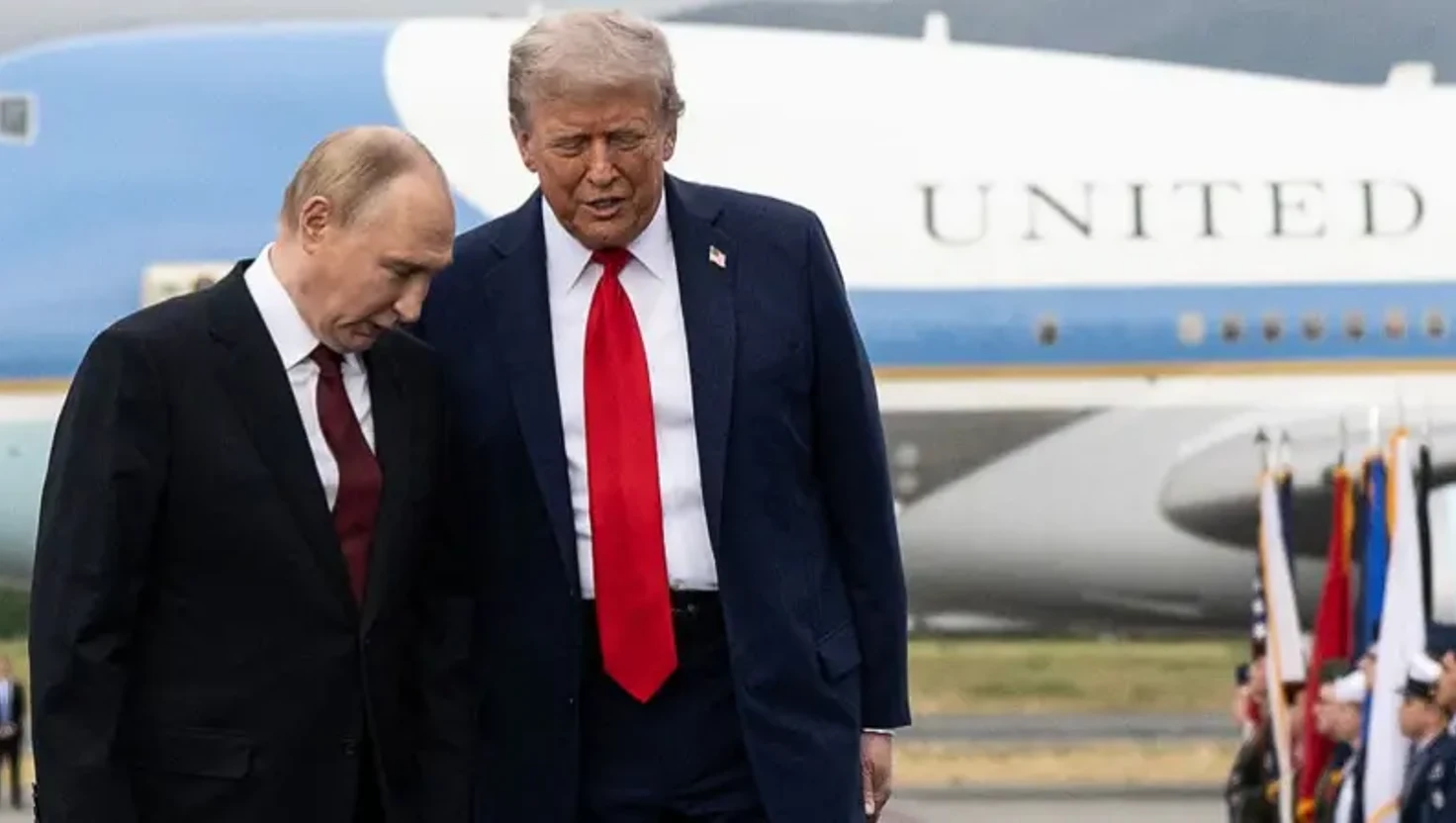
Talks with Trump on Ukraine ‘frank and useful,’ says Putin
Vladimir Putin and Donald Trump held talks in Alaska, viewed as a potential step toward peace in Ukraine, though concessions remain contentious.
Russian President Vladimir Putin characterised his recent meeting with US President Donald Trump in Alaska as "frank, substantive, and very useful". He claimed that the dialogue may bring Moscow and Washington closer to necessary decisions regarding the ongoing conflict in Ukraine.
In comments made in Moscow a day after the high-profile summit, Putin stated that this meeting offered both nations a rare chance to closely examine their positions. He noted, "We have not had direct negotiations of this kind at this level for a long time. The conversation was very frank and substantive, and, in my opinion, brings us closer to the necessary decisions."
The Kremlin publicised images from the summit, depicting the discussions as a timely and constructive effort aimed at ending a war that has persisted for over two years.
What Were the Main Topics of Discussion?
According to diplomatic sources, the discussions in Alaska centred on potential frameworks for a peace settlement. Trump later informed reporters that he suggested Ukraine should pursue an agreement with Russia, stating, "Russia is a very big power, and they’re not." This remark highlights prevailing views within the United States regarding the balance of power in the region.
Reports from Reuters indicate that Putin proposed a significant concession whereby Ukraine would need to relinquish control over the Donetsk region, a historically contested area that has been largely occupied by Russian forces. In exchange, this proposal would involve a freeze on current front lines, which Ukrainian officials have publicly rejected.
Ukraine's Reaction to the Talks
Following the Alaska summit, Donald Trump held a briefing with Ukrainian President Volodymyr Zelensky, where several European leaders were also present. A source familiar with the meeting revealed that Trump detailed Moscow's proposal. It was suggested that the Kremlin might halt further military advances if Ukraine conceded control over Donetsk.
Zelensky has consistently affirmed Ukraine's stance against territorial concessions, emphasising that any peace deal must restore Ukraine’s sovereignty in full. He has not commented on specific details concerning the Alaska discussions.
Proposed Security Guarantees for Ukraine
As a reassurance to Kyiv, Washington has floated the idea of a NATO-like collective defence arrangement that would activate should a peace deal be reached. According to Italy’s Prime Minister and other diplomatic sources, this guarantee would not equate to a formal NATO Article 5 commitment but would serve as a separate mechanism to deter any future aggression from Russia.
A diplomatic source explained to AFP, "As one of the security guarantees for Ukraine, the American side proposed a non-NATO Article 5 type guarantee, supposedly agreed with Putin." While such a framework could underpin a Western-supported peace plan, it remains unclear how it would function in practice or if Kyiv would find it acceptable.
The Timeliness of the Summit
Putin’s comments indicate Moscow's willingness to explore negotiations, albeit under terms that seem to favour Russian interests. Trump's push for Ukraine to consider compromises marks a noticeable shift from the longstanding US approach, which has largely focused on arming Ukraine and advocating for Russian withdrawal from occupied territories.
The efficacy of these discussions as a genuine turning point in the conflict remains uncertain. For the time being, Putin has proclaimed the meeting a success, Trump has suggested that compromises may be unavoidable, and Ukraine faces the challenge of balancing international expectations with its territorial integrity.
As developments unfold, the pressure on Ukraine remains high, particularly as European leaders prepare to reconvene to further explore pathways to peace. Zelensky's upcoming visit to the White House aims to secure a more supportive dialogue with US leaders than experienced previously, underlining the crucial nature of international relations in addressing the conflict in Ukraine.
In comments made in Moscow a day after the high-profile summit, Putin stated that this meeting offered both nations a rare chance to closely examine their positions. He noted, "We have not had direct negotiations of this kind at this level for a long time. The conversation was very frank and substantive, and, in my opinion, brings us closer to the necessary decisions."
The Kremlin publicised images from the summit, depicting the discussions as a timely and constructive effort aimed at ending a war that has persisted for over two years.
What Were the Main Topics of Discussion?
According to diplomatic sources, the discussions in Alaska centred on potential frameworks for a peace settlement. Trump later informed reporters that he suggested Ukraine should pursue an agreement with Russia, stating, "Russia is a very big power, and they’re not." This remark highlights prevailing views within the United States regarding the balance of power in the region.
Reports from Reuters indicate that Putin proposed a significant concession whereby Ukraine would need to relinquish control over the Donetsk region, a historically contested area that has been largely occupied by Russian forces. In exchange, this proposal would involve a freeze on current front lines, which Ukrainian officials have publicly rejected.
Ukraine's Reaction to the Talks
Following the Alaska summit, Donald Trump held a briefing with Ukrainian President Volodymyr Zelensky, where several European leaders were also present. A source familiar with the meeting revealed that Trump detailed Moscow's proposal. It was suggested that the Kremlin might halt further military advances if Ukraine conceded control over Donetsk.
Zelensky has consistently affirmed Ukraine's stance against territorial concessions, emphasising that any peace deal must restore Ukraine’s sovereignty in full. He has not commented on specific details concerning the Alaska discussions.
Proposed Security Guarantees for Ukraine
As a reassurance to Kyiv, Washington has floated the idea of a NATO-like collective defence arrangement that would activate should a peace deal be reached. According to Italy’s Prime Minister and other diplomatic sources, this guarantee would not equate to a formal NATO Article 5 commitment but would serve as a separate mechanism to deter any future aggression from Russia.
A diplomatic source explained to AFP, "As one of the security guarantees for Ukraine, the American side proposed a non-NATO Article 5 type guarantee, supposedly agreed with Putin." While such a framework could underpin a Western-supported peace plan, it remains unclear how it would function in practice or if Kyiv would find it acceptable.
The Timeliness of the Summit
Putin’s comments indicate Moscow's willingness to explore negotiations, albeit under terms that seem to favour Russian interests. Trump's push for Ukraine to consider compromises marks a noticeable shift from the longstanding US approach, which has largely focused on arming Ukraine and advocating for Russian withdrawal from occupied territories.
The efficacy of these discussions as a genuine turning point in the conflict remains uncertain. For the time being, Putin has proclaimed the meeting a success, Trump has suggested that compromises may be unavoidable, and Ukraine faces the challenge of balancing international expectations with its territorial integrity.
As developments unfold, the pressure on Ukraine remains high, particularly as European leaders prepare to reconvene to further explore pathways to peace. Zelensky's upcoming visit to the White House aims to secure a more supportive dialogue with US leaders than experienced previously, underlining the crucial nature of international relations in addressing the conflict in Ukraine.
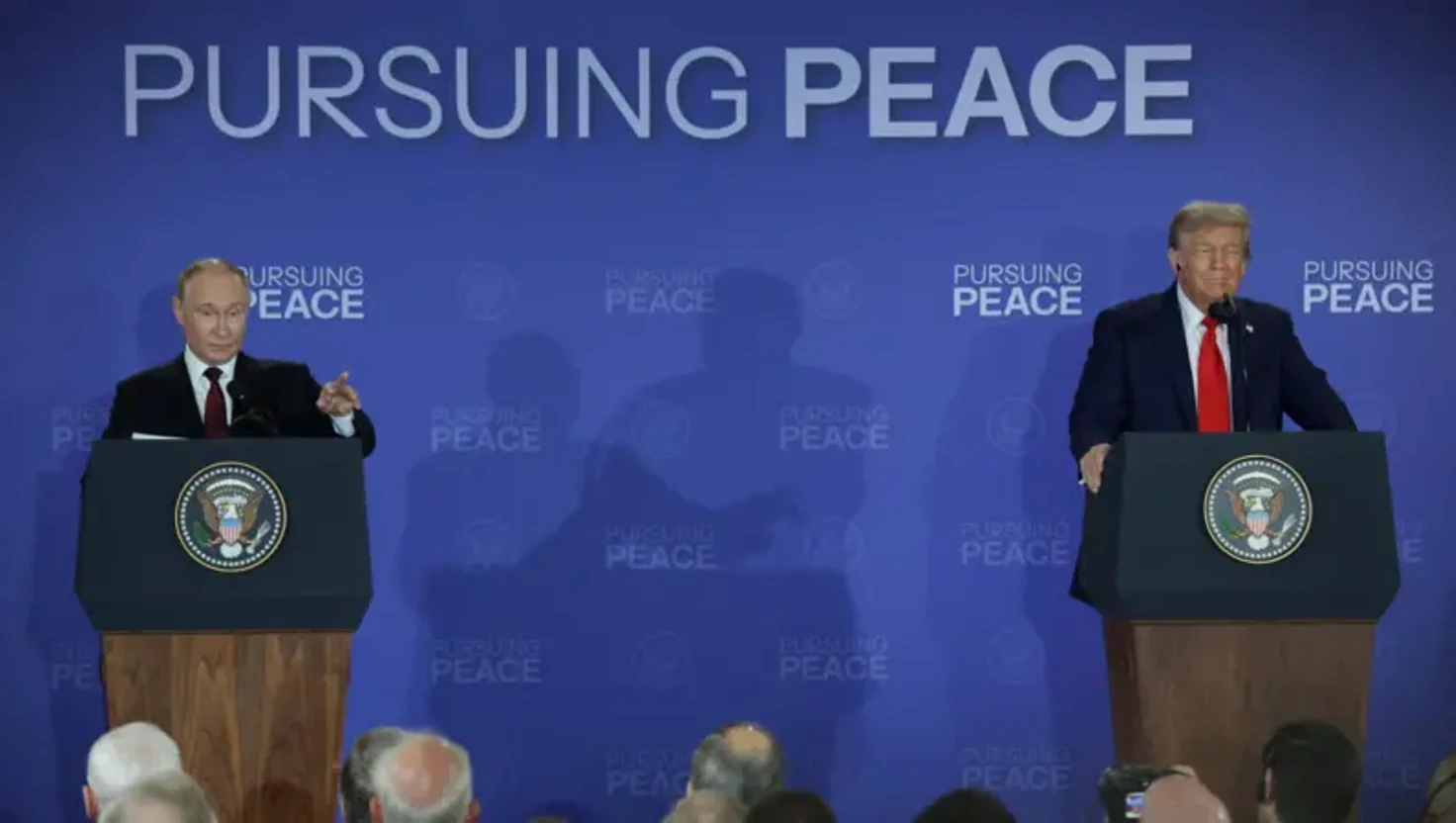
No deal but 'progress made' on Ukraine, says Trump after talks with Putin
US President Donald Trump and Russian President Vladimir Putin complete discussions without a resolution on the Ukraine conflict, characterising talks as productive.
| 2025-08-16
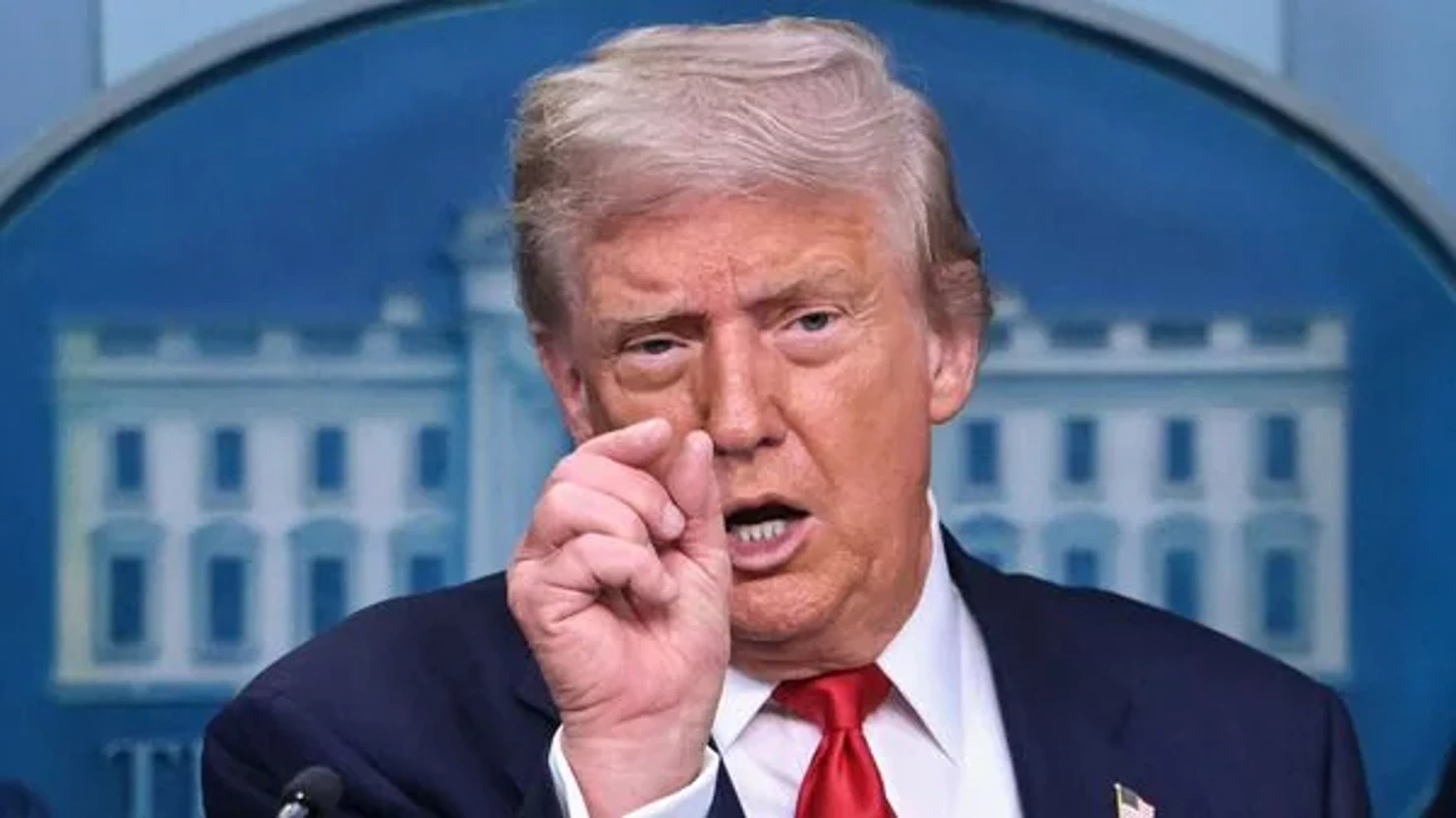
Trump Announces Federal Control Over Washington D.C. Police Force
President Donald Trump deploys the National Guard and assumes control of D.C. police as part of new crime and homelessness initiatives.
| 2025-08-12
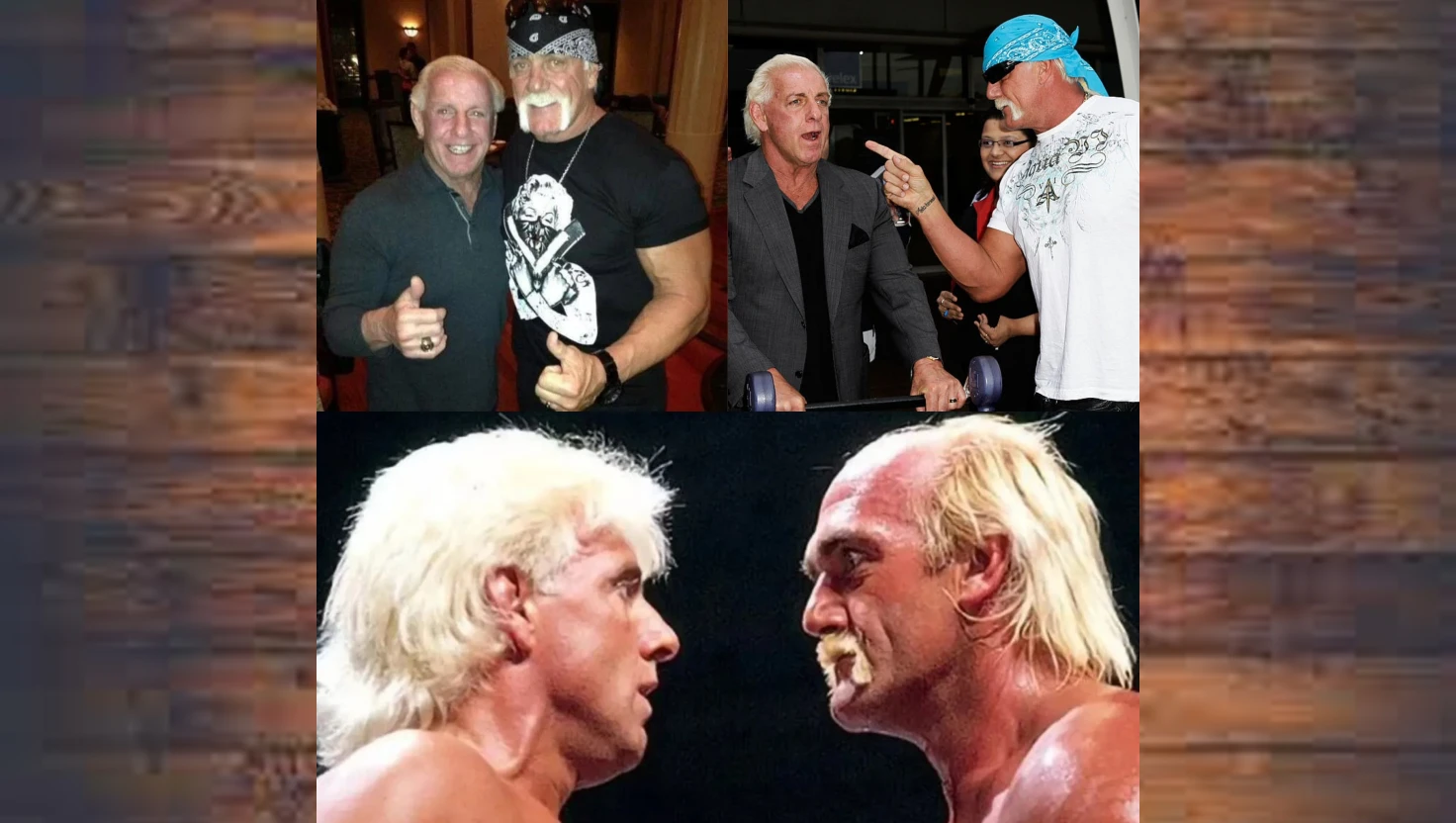
Wrestling Icon Hulk Hogan Dies at 71, Leaving Lasting Legacy
Professional wrestler Hulk Hogan, known for his charisma and influence in the sport, passes away at 71, leaving a profound impact on wrestling culture.
| 2025-07-25
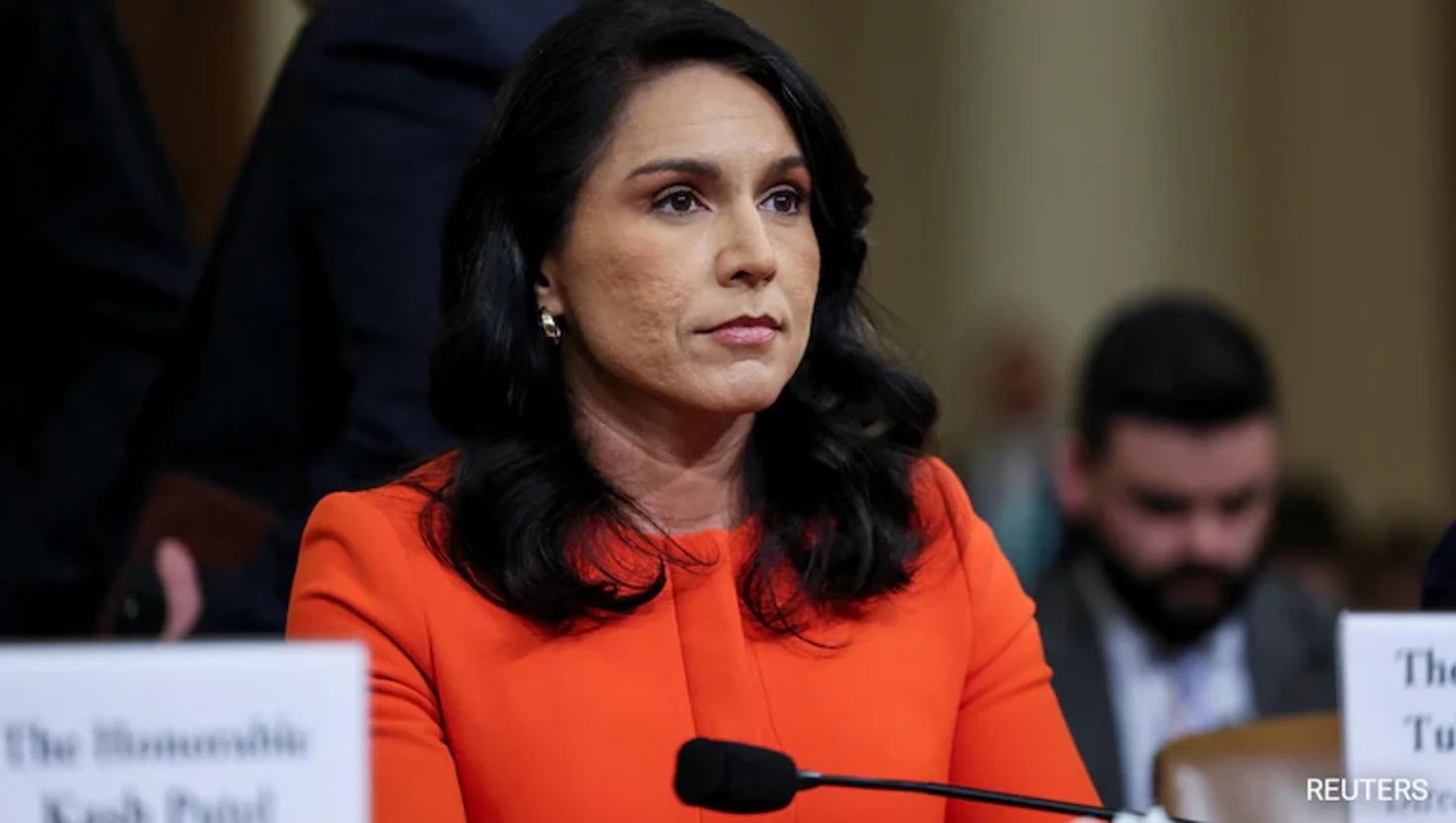
Tulsi Gabbard Publishes Documents Alleging Obama Administration Misconduct
Tulsi Gabbard has released documents claiming the Obama administration misused intelligence regarding the 2016 US presidential election.
| 2025-07-24

US President Donald Trump imposes 30% tariffs on imports from the European Union and Mexico from 1 August
US President Donald Trump announces 30% tariffs on EU and Mexico from 1 August, threatening higher taxes if retaliated. The EU and Mexico prepare countermeasures.
| 2025-07-13




